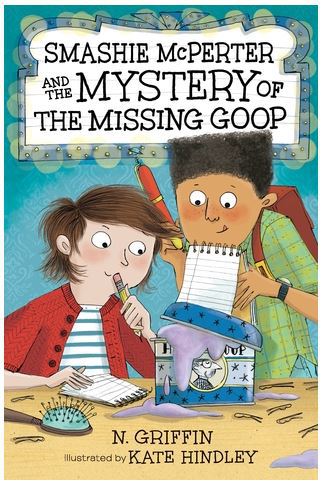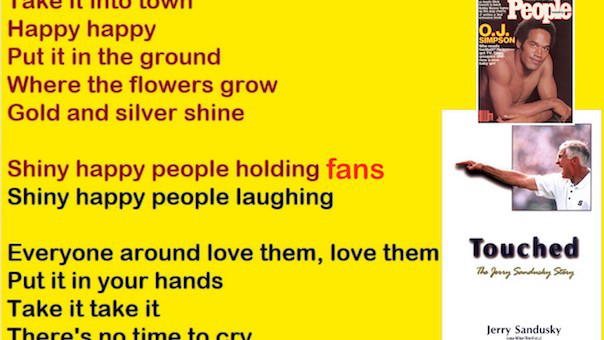Margarita Engle’s podcast as US Children’s Poet Laureate addresses the privilege of reading, books as a forbidden commodity, and the limitations on the lives of women relative to her verse novel, The Lightning Dreamer. Engle’s historical narrative is a fictionalized biography of the 19th century Cuban abolitionist poet Gertrudis Gomez de Avellaneda, known simply as Tula. Multiple voices tell the story of the poet’s life as a teenaged abolitionist.
One image that remained with me was that of little brother Manuel, trained to be “a brave smuggler of words,” bringing the forbidden treasures of books to his sister. Borrowed schoolbooks, hidden beneath embroidery hoops, become the fodder of literacy. Words “glitter/ and glow/ in starlight.” Invented worlds are the stuff of comfort. A forced marriage looms in Tula’s future, yet “Thirteen is the age for dreams.”
 There is broken glass here as well, a society in turmoil and a girl who stands witness to the plight of the enslaved and begins to take action in her own way. Engle’s books are child-sized yet each one is vast in scope. The Lightning Dreamer suggests that the failures of societies might well arise from a failure to imagine the world of the alienated, the oppressed, the other.In the end, empathy is the force of empowerment in this book–the ability, as Tula puts it, to “trade my thoughts/ for theirs.”
There is broken glass here as well, a society in turmoil and a girl who stands witness to the plight of the enslaved and begins to take action in her own way. Engle’s books are child-sized yet each one is vast in scope. The Lightning Dreamer suggests that the failures of societies might well arise from a failure to imagine the world of the alienated, the oppressed, the other.In the end, empathy is the force of empowerment in this book–the ability, as Tula puts it, to “trade my thoughts/ for theirs.”
It doesn’t come naturally, empathy. Our deepest instincts push back against empathy when we feel threatened. They push us to fight against those who are different from ourselves, however we define that difference. We’d do well to think about this right now, in this moment, in our world today.
 But at another level, things get murkier. Because who gets to tell the stories of the other? Who should? Are there even definitive answers to those questions? Here’s Margarita Engle turning to these complex matters. She says:
But at another level, things get murkier. Because who gets to tell the stories of the other? Who should? Are there even definitive answers to those questions? Here’s Margarita Engle turning to these complex matters. She says:
Many non-‘own voice’ authors do thorough research, but Cuba is an easy country to misinterpret. Rural Cuba, in particular, is often misunderstood by tourists who speed past impoverished villages and farms in air-conditioned buses, listening to official stories told by government guides.
And then again, where do the limits of empathy lie? Is there such a thing as the objective truth about a place or people? No answers, only questions. The more we can talk about them, the better.
Share this:




